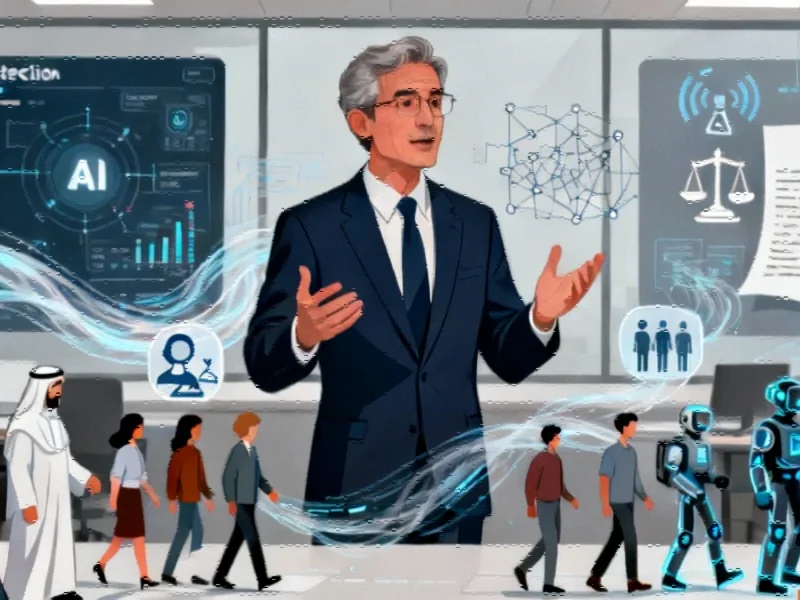According to Kotaku, 31 developers were fired from Rockstar Games almost two weeks ago, sparking a major union dispute that’s now heading to court. The IWGB union claims Rockstar has refused to meet to discuss what they call “union busting” aimed at disrupting organizing efforts at UK studios. Legal claims were submitted to the UK Employment Tribunal last Thursday, with hearing dates pending due to court backlogs. Rockstar maintains the firings were for “gross misconduct” related to allegedly sharing company secrets online, while the union says discussions only occurred in private Discord channels. Pressure campaigns including office picketing have failed to bring Rockstar back to negotiation tables.
The Core Legal Fight
This isn’t just about 31 people losing their jobs. The real battle here is whether individual employment contracts can override broader labor protections for union organizing. IWGB president Alex Marshall made that crystal clear when he said Rockstar’s “contractual clauses do not supersede UK law.” Basically, we’re looking at a fundamental test case about where corporate power ends and worker protections begin in the UK gaming industry.
And here’s the thing – if the union wins this, it could set a massive precedent. Suddenly every game company with UK operations would need to be much more careful about how they handle union organizing. But if Rockstar wins? Well, that could embolden other studios to take harder lines against organizing efforts. The timing couldn’t be more dramatic with GTA 6’s recent delay adding pressure on all sides.
What This Means for Game Developers
Look, game development has always been notorious for crunch culture and tough working conditions. Unionization efforts represent developers pushing back against that legacy. When a giant like Rockstar faces these allegations, it sends shockwaves through the entire industry.
Think about it from a developer’s perspective. You’re working on the most anticipated game possibly ever, and you see colleagues get fired allegedly for union discussions. That’s going to create a chilling effect regardless of the legal outcome. The message seems to be: organize at your own risk. But here’s the counter-message from the union: your rights don’t disappear when you sign an employment contract.
This case could fundamentally reshape how game studios approach labor relations. We’re not just talking about Rockstar anymore – every major studio is watching this play out. The outcome could determine whether unionization becomes a real force in game development or remains on the margins.





I don’t think the title of your article matches the content lol. Just kidding, mainly because I had some doubts after reading the article.